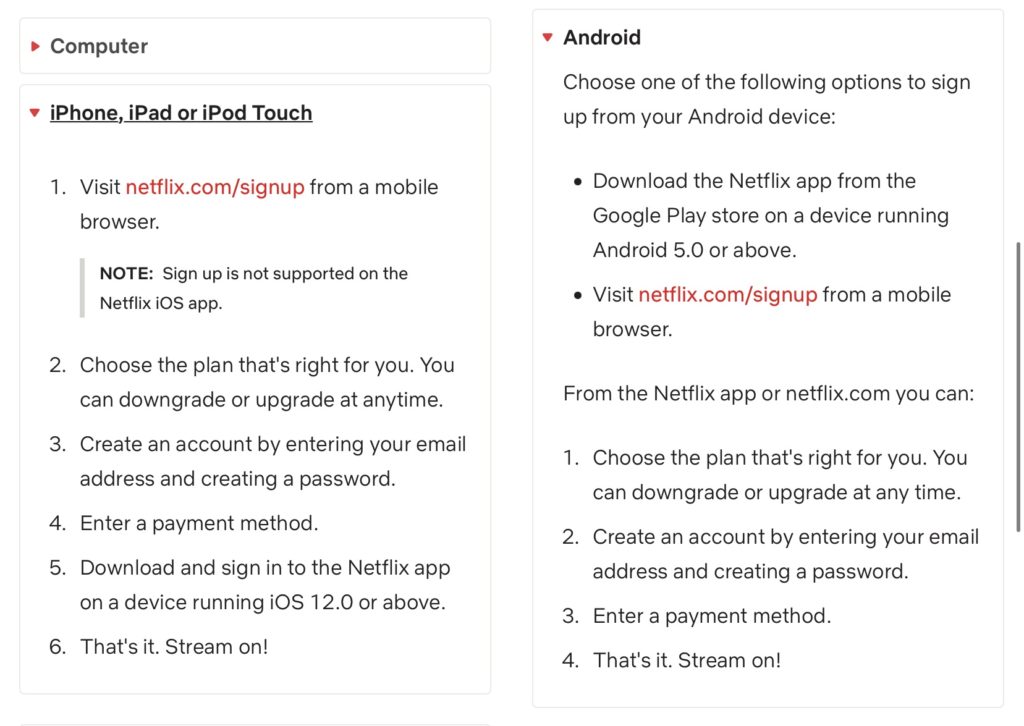Google has recently begun enforcing its policy about using Google Play’s in-app billing for apps that sell virtual goods. The problem is the 30% cut that Google, like Apple, charges on such transactions.
This Economic Times article has reactions from some app makers in India, including references to new-age colonialism via a foreign player imposing lagaan.
In my view, Google’s policies on which goods need to use in-app billing and which don’t is pretty clear. It’s also not different from Apple’s App Store policies, which have always been enforced strictly. It only applies to digital goods (with some exceptions even there), so statements like this don’t hold water:
“How can a company survive after paying 30% Google tax and Apple tax… Most businesses don’t have such margins. If enforced, this will spell an end to the startup dreams of a lot of Indian entrepreneurs.”
But there are new restrictions on communicating the existence of alternative payment methods, similar to Apple’s. I think these are onerous:
Apps other than those described in 2(b) may not lead users to a payment method other than Google Play’s billing system. This prohibition includes, but is not limited to, leading users to other payment methods via:
- An app’s listing in Google Play;
- In-app promotions related to purchasable content;
- In-app webviews, buttons, links, messaging, advertisements or other calls to action; and
- In-app user interface flows, including account creation or sign-up flows, that lead users from an app to a payment method other than Google Play’s billing system as part of those flows.
Because Apple enforces this policy, you can see the difference in Netflix’s signup instructions on iOS and Android. Once Google’s new policy comes into effect, I expect these to look similar:

What if the Play Store billing was completely optional in India, but a much better experience than any other method? The opportunity cost is low: an estimate of Google’s Play Store revenue in India for this year so far is USD 50 million. Its global 2nd quarter revenue was over USD 38 billion. The India business is a drop in terms of revenue, but led to 17 billion downloads.
In other words, the question Google should discuss is when app makers start designing workarounds for your policy, do you start plugging loopholes, putting you at odds with app makers, or so you change your policy, perhaps radically, so app makers welcome it?
